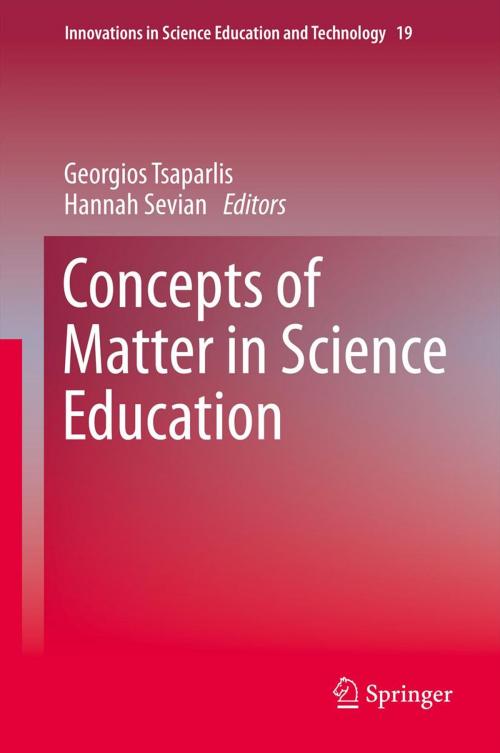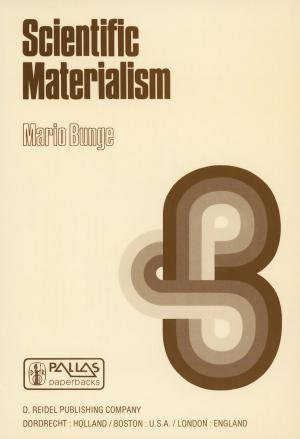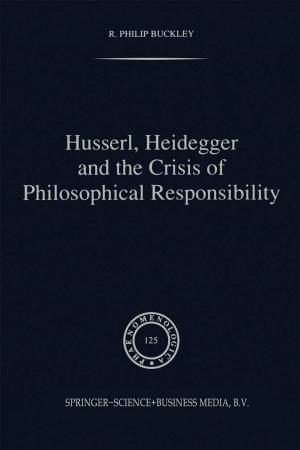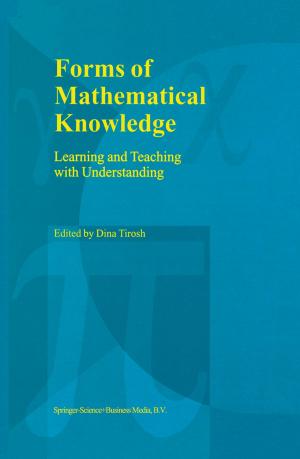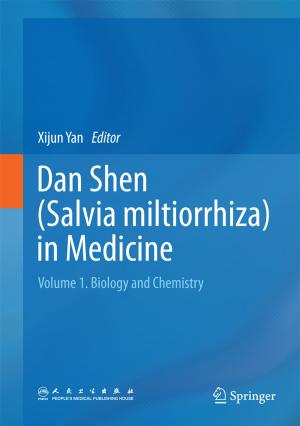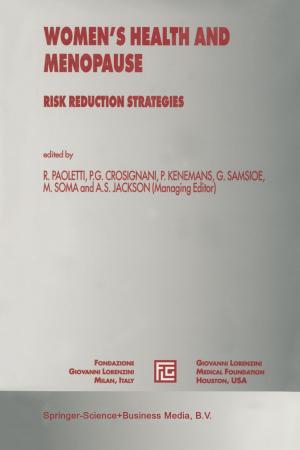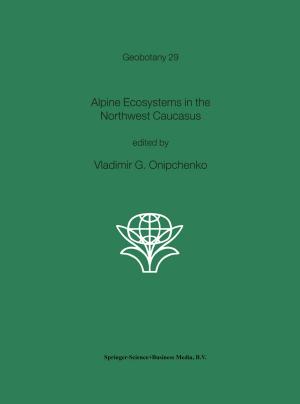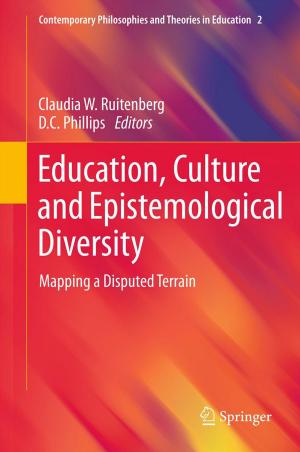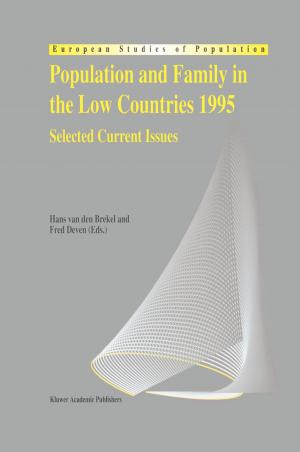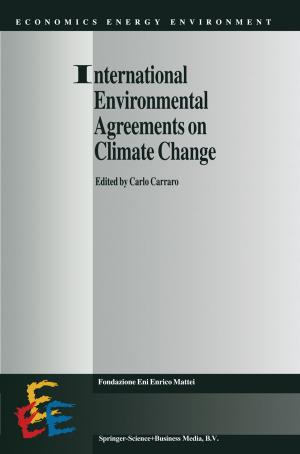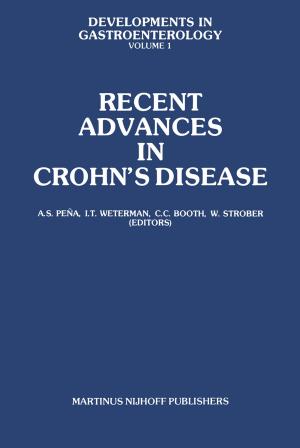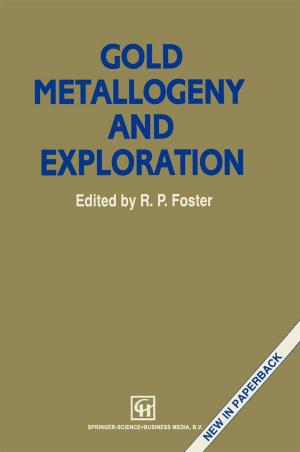Concepts of Matter in Science Education
Nonfiction, Science & Nature, Science, Other Sciences, Study & Teaching, Reference & Language, Education & Teaching, Educational Theory, Educational Psychology| Author: | ISBN: | 9789400759145 | |
| Publisher: | Springer Netherlands | Publication: | July 9, 2013 |
| Imprint: | Springer | Language: | English |
| Author: | |
| ISBN: | 9789400759145 |
| Publisher: | Springer Netherlands |
| Publication: | July 9, 2013 |
| Imprint: | Springer |
| Language: | English |
Bringing together a wide collection of ideas, reviews, analyses and new research on particulate and structural concepts of matter, Concepts of Matter in Science Education informs practice from pre-school through graduate school learning and teaching and aims to inspire progress in science education. The expert contributors offer a range of reviews and critical analyses of related literature and in-depth analysis of specific issues, as well as new research. Among the themes covered are learning progressions for teaching a particle model of matter, the mental models of both students and teachers of the particulate nature of matter, educational technology, chemical reactions and chemical phenomena, chemical structure and bonding, quantum chemistry and the history and philosophy of science relating to the particulate nature of matter. The book will benefit a wide audience including classroom practitioners and student teachers at every educational level, teacher educators and researchers in science education.
"If gaining the precise meaning in particulate terms of what is solid, what is liquid, and that air is a gas, were that simple, we would not be confronted with another book which, while suggesting new approaches to teaching these topics, confirms they are still very difficult for students to learn".
Peter Fensham, Emeritus Professor Monash University, Adjunct Professor QUT
(from the foreword to this book)
Bringing together a wide collection of ideas, reviews, analyses and new research on particulate and structural concepts of matter, Concepts of Matter in Science Education informs practice from pre-school through graduate school learning and teaching and aims to inspire progress in science education. The expert contributors offer a range of reviews and critical analyses of related literature and in-depth analysis of specific issues, as well as new research. Among the themes covered are learning progressions for teaching a particle model of matter, the mental models of both students and teachers of the particulate nature of matter, educational technology, chemical reactions and chemical phenomena, chemical structure and bonding, quantum chemistry and the history and philosophy of science relating to the particulate nature of matter. The book will benefit a wide audience including classroom practitioners and student teachers at every educational level, teacher educators and researchers in science education.
"If gaining the precise meaning in particulate terms of what is solid, what is liquid, and that air is a gas, were that simple, we would not be confronted with another book which, while suggesting new approaches to teaching these topics, confirms they are still very difficult for students to learn".
Peter Fensham, Emeritus Professor Monash University, Adjunct Professor QUT
(from the foreword to this book)
